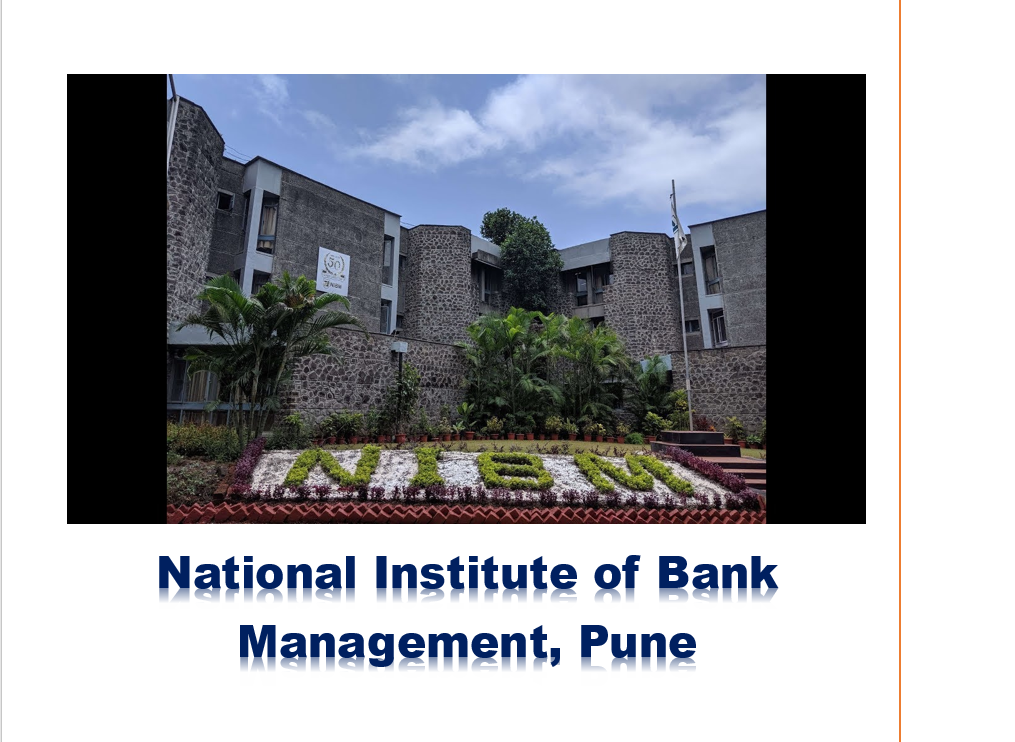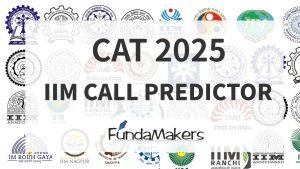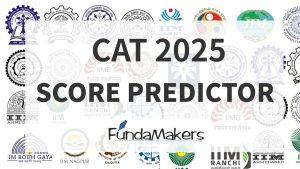In consultation with the Indian government, the Reserve Bank of India founded the National Institute of Bank Management (NIBM) in 1969 as an independent premier institution for bank management research, education, training, and consulting. Its mission is to operate as a proactive “think-tank” for the country’s banking sector. A key component of the ambitious plan to reshape India’s banking sector and make it a more economical tool for the country’s development is NIBM. Thus, the Institute’s goal is to support managers in their efforts to make their companies competitive in both home and foreign markets.
The highest policy-making body of NIBM, an autonomous academic organisation, is the Governing Board. The Chairman of the Governing Board is the Governor of the Reserve Bank of India, which is the nation’s central bank. In addition to consulting for the banking and financial industry, the Institute conducts research on banking policy and operations and teaches PGDM. It also trains top bank executives. NIBM is a university with advanced degrees, thus it is prepared to teach executives how to work in a multicultural, international setting. Participants receive multidisciplinary modules that combine theory and hands-on learning to help them become masters of problem-solving.
The Institute regularly conducts 150 training sessions a year that span a variety of functional areas. Conferences and seminars that address contemporary issues facing the banking and financial services industry are also held by the Institute. Of the nearly 3,500 people who attend the NIBM training programmes each year, over 250 are from developing countries. The Institute is located in a calm neighbourhood of Pune, the capital city of Maharashtra. The 62-acre, lush, green campus is located in a rolling region with minimal outside disturbances or pollution. It has its own fully functional residential and educational facility.
Another important aspect of the Institute is the “Post-Graduate Programme in Banking and Finance (PGPBF),” which was established in 2003–04 with the goal of preparing the next generation of managers for the banking and financial services sector. With the approval of AICTE, the PGPBF was renamed as ‘Post-Graduate Diploma in Management (Banking & Financial Services)’ / PGDM (B&FS) in 2013.
Courses offered by NIBM Pune
Post Graduate Diploma Management- Banking & Financial Service (PGDM-BFSI)
NIBM Pune: PGDM Admission Process
Eligibility Criteria
A Bachelor’s degree with at least 50% of the possible points (45% for candidates in the reserved category) or an equivalent CGPA must be held by the candidate, or they must have been awarded by one of the universities established by an act of the central or state legislature in India, by another act of parliament, by another educational institution declared to be deemed a university under Section 3 of the UGC Act, 1956, or by any other university recognised by the Ministry of HRD, Government of India. The candidate’s proportion of marks earned for a bachelor’s degree will be determined by taking into account the policies of the university or other institution where the degree was earned. In case the university/ institution does not have any scheme for converting CGPA into equivalent marks, the equivalence would be established by dividing the candidate’s CGPA by the maximum possible CGPA and multiplying the result with 100. Percentage is a mandatory field in 10th, 12th and graduation.
Candidates appearing for the final year of bachelor’s degree/equivalent qualification examination and those who have completed degree requirement and are awaiting results can also apply. Such candidates must produce a certificate from the Principal/Head of the Department/Registrar/ Director of the University/Institution certifying that the candidate is currently in the final year/is awaiting final results and has obtained at least 50% marks or equivalent based on latest available grades/marks. Such candidates, if selected, will be allowed to join the programme provisionally only if they submit a certificate latest by June 30, 2024 from the Principal/Registrar of their college/institute (issued on or before June 30, 2024) stating that they have completed all the requirements (the results may, however, be awaited) for obtaining the bachelor’s degree/equivalent qualification on the date of issue of the certificate. Their admission will be confirmed only when they submit the mark sheet and a certificate of having passed the bachelor’s degree/equivalent qualification referred to in the certificate issued by Principal/Registrar of their college/institute with at least 50% marks (45% marks in case of candidates belonging to reserved category).
October 31, 2024 is the deadline for submitting the certificate and mark sheet. The provisional admission will automatically be cancelled if this requirement is not met. In the event that an applicant cannot finish all bachelor’s degree prerequisites by June 30, 2024, NIBM will not permit them to enrol in the programme. The candidate will be eliminated from consideration if, at any point during the selection process, instances of inaccurate information or procedure violations are found. Such disqualification will occur retroactively if such cases are missed during the present selection process but are discovered in later years.
Screening Test
Scores secured by the candidates in Common Admission Test (CAT) conducted by IIMs, Xavier Aptitude Test (XAT) conducted by XLRI Jamshedpur, Common Management Admission Test (CMAT) conducted by National Testing Agency, Graduate Management Aptitude Test (GMAT), Graduate Record Examination (GRE) will be used for the purpose.
- Neither the selection procedure nor the program’s administration will involve IIMs or any other institutions.
The CAT will serve as the standard for application screening. Candidates’ scores from a recognised competitive exam taken in the previous year will only be taken into consideration once they have been converted to CAT equivalents. The institute will determine the conversion factor annually. Therefore, in order to be considered for admission to the PGDM (B&FS) programme at NIBM, candidates must have taken one of the aforementioned examinations and include their test results with their application.
Different threshold scores may be established for each socioeconomic category based on the volume of applications from that category. However, a minimum score for each category has been set as follows in order to assure the desired competence of the candidates and that the candidates admitted in PGDM (B&FS) would be able to deal with the course:

Note: The indicative threshold has been given for comparison purpose only. Cut -off score for CAT, XAT, CMAT, GRE and GMAT are decided every year after receiving all the applications.
Applicants are required to appear for the Common Admission Test (CAT) conducted by IIMs in 2023 or XAT (2024) or CMAT (2024) or GMAT or GRE. While applying for CAT the applicants may indicate your intention of applying to NIBM (non-IIM institutions).
Selection Process
Candidates will be chosen for admission based on their performance in the academic programme, involvement in extracurricular activities, work experience, personal interview, oral communication test, and screening process scores.
Oral Communication Test and Personal Interview (OCT/PI): OCT will be conducted by the panel for personal interviews by giving a topic to the candidates and asking the candidate to speak on the topic. The panel will also score the candidates against extracurricular activities and
work experience.
Academic Performance: Average of marks secured by the candidates in SSC and HSC may be considered for assessing the academic performance of the candidates.
Weights for different parameters:

NIBM Pune: Fee Structure 2024-2026


NIBM Pune: 2023 PGDM Cut Off
The cut off for NIBM Pune in the year 2023 for the course PGDM was around 75 percentile.
NIBM Pune: Batch Profile 2023


NIBM Pune: Final Placement 2023

Top Recruiters

Visit the link below to learn about PGDM programme at Great Lakes Institute of Management, Chennai:



